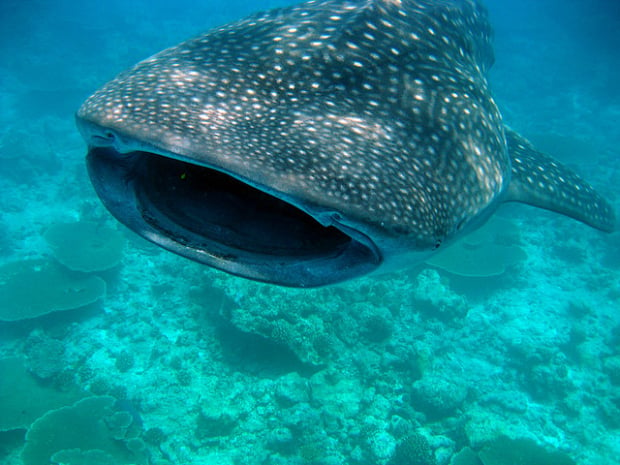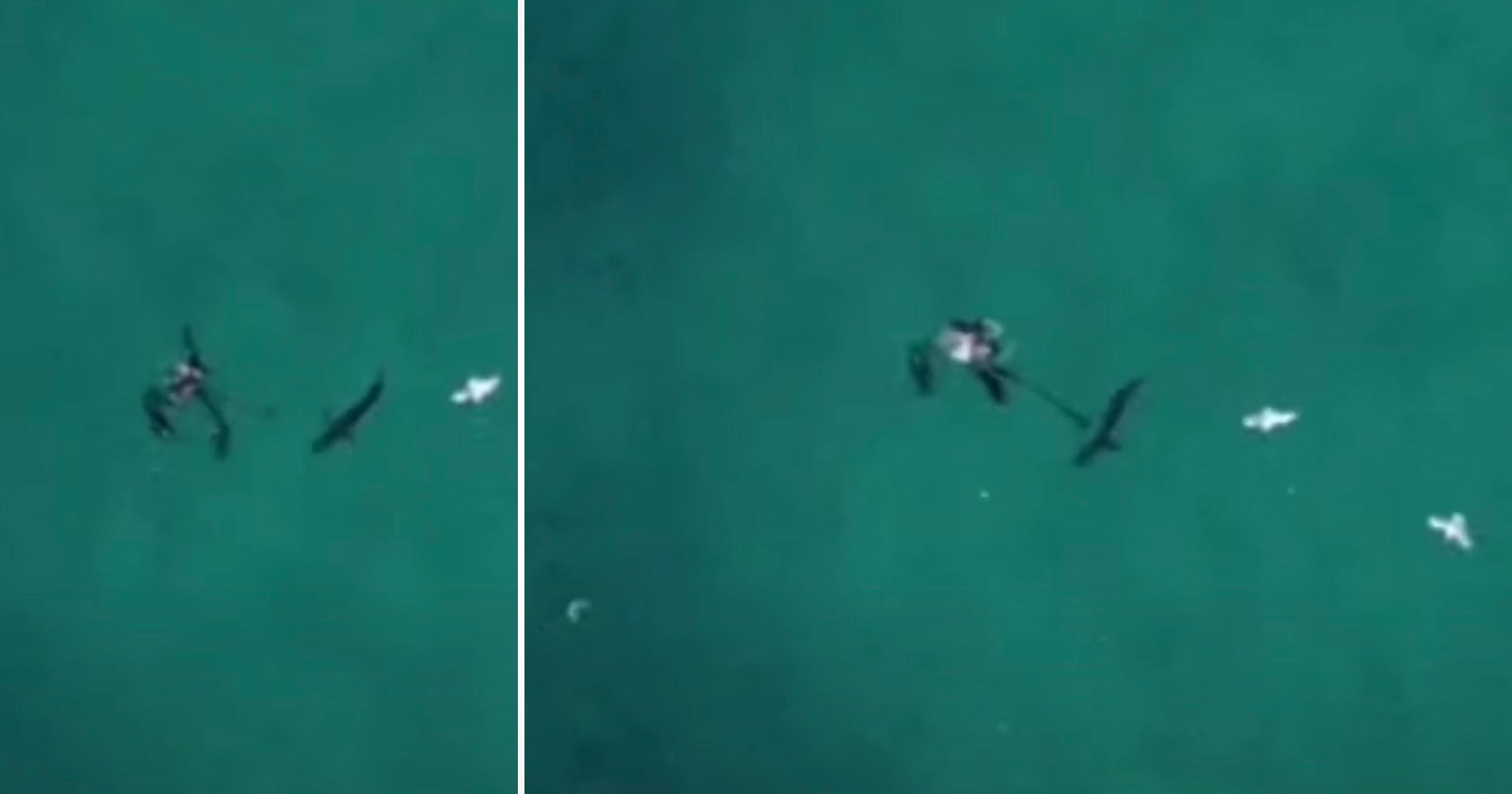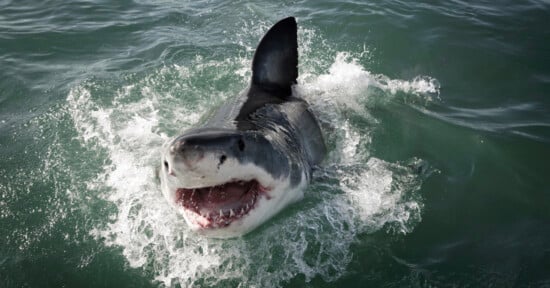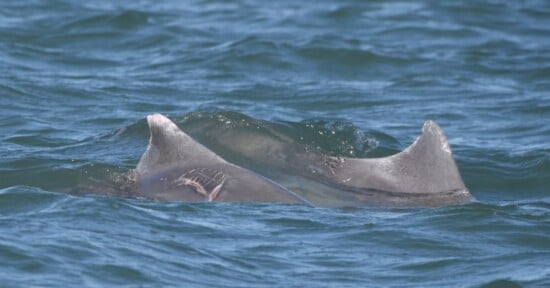Selfie-Seeking Tourists Could be Contributing to Rise in Shark Attacks
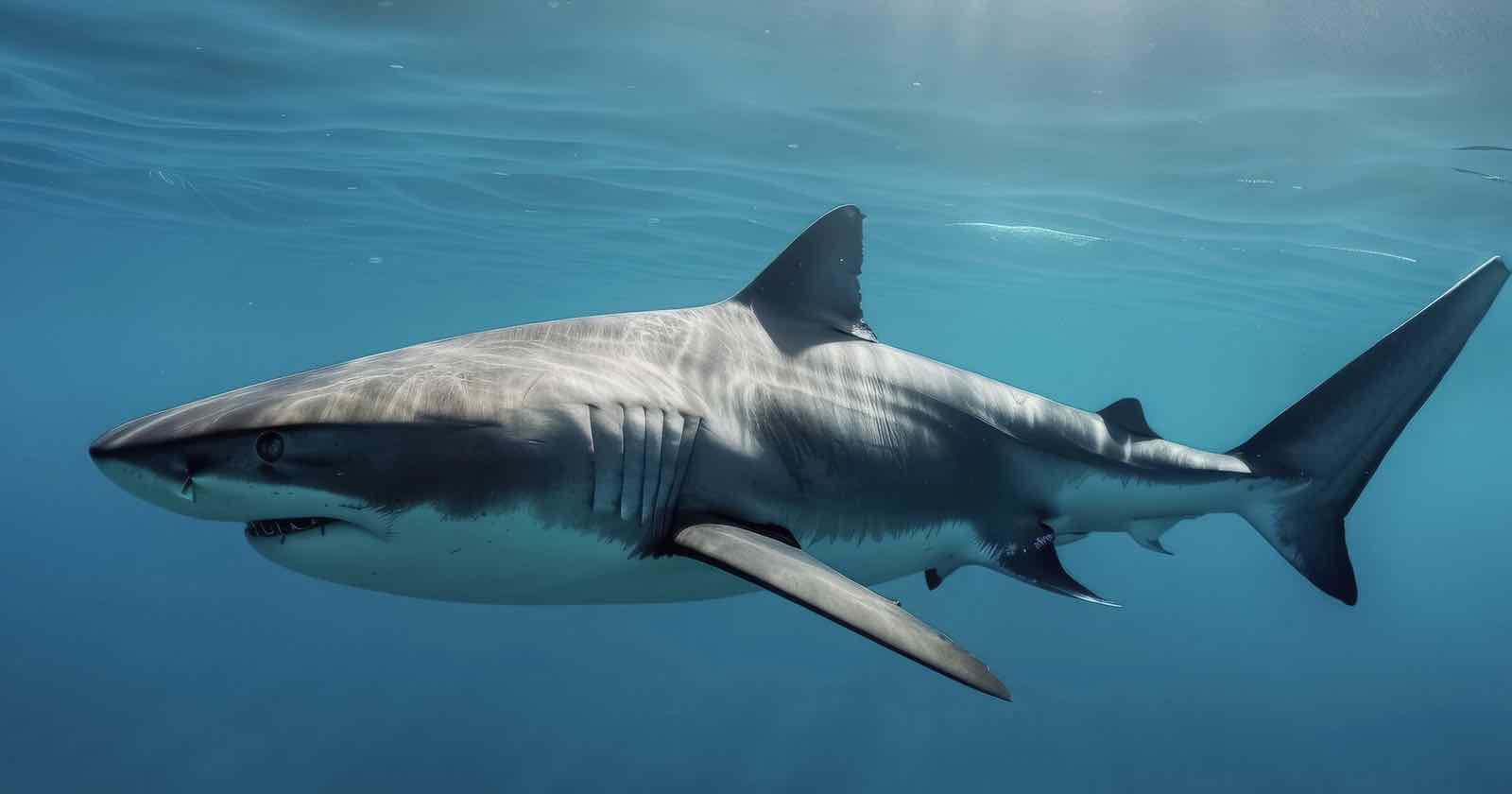
A new study suggests that tourists chasing selfies may be contributing to the rise in shark attacks.
Sharks are often seen as fearsome predators, but in reality, shark bites are uncommon — with only about 100 incidents reported globally each year, and fewer than 10% resulting in death.
While sharks may bite due to competition, defending territory, or hunting, a recent study in Frontiers in Conservation suggests they may also react out of self-defense or instinct for survival, rather than deliberately targeting humans.
According to scientists, a growing number of these shark “attacks” can be blamed on social media influencers encouraging tourists to try to photograph or “stroke” the animals. The researchers emphasize that these animals typically only bite when provoked — often after being poked or harassed by overly eager tourists.
“I don’t encourage, as many influencers do on social networks, to cling to a shark’s dorsal fin or stroke it, under the pretext of proving that they are harmless and supposedly working for their conservation,” Professor Eric Clua, the first author of the study and a shark specialist at Université Paris Sciences et Lettres (PSL) in Paris, France tells The Times of London.
Professor Eric Clua tells The Times that he suspects that humans take liberties with sharks, especially smaller ones, in a way they would not with an unfamiliar dog.
“People know the difference between a [Yorkshire terrier] and a pit bull, whereas they don’t know the difference between a blacktip reef shark and a bull shark, which are their marine equivalents,” he says.
The study examined records of shark encounters in the waters off French Polynesia between 2009 and 2023. Of the 74 bites recorded in this period, about 5% were found likely to have been defensive, happening immediately after a human action perceived by the shark as threatening.
“We show that defensive bites by sharks on humans – a reaction to initial human aggression – are a reality and that the animal should not be considered responsible or at fault when they occur,” Professor Clua tells Frontiers in a further interview. “These bites are simply a manifestation of survival instinct, and the responsibility for the incident needs to be reversed.”
The study comes after a Canadian tourist had both her hands bitten off by a shark as she attempted to take a selfie with the animal. The 55-year-old woman lost both her hands after trying to take a picture with the shark while on vacation at Thompson Cove Beach in the Turks and Caicos Islands in February.
Meanwhile, another viral video revealed how a huge shark was caught on a fishing line and brought ashore onto a Florida beach for people to take photos and selfies with the animal.
Image credits: Header photo licensed via Depositphotos.
